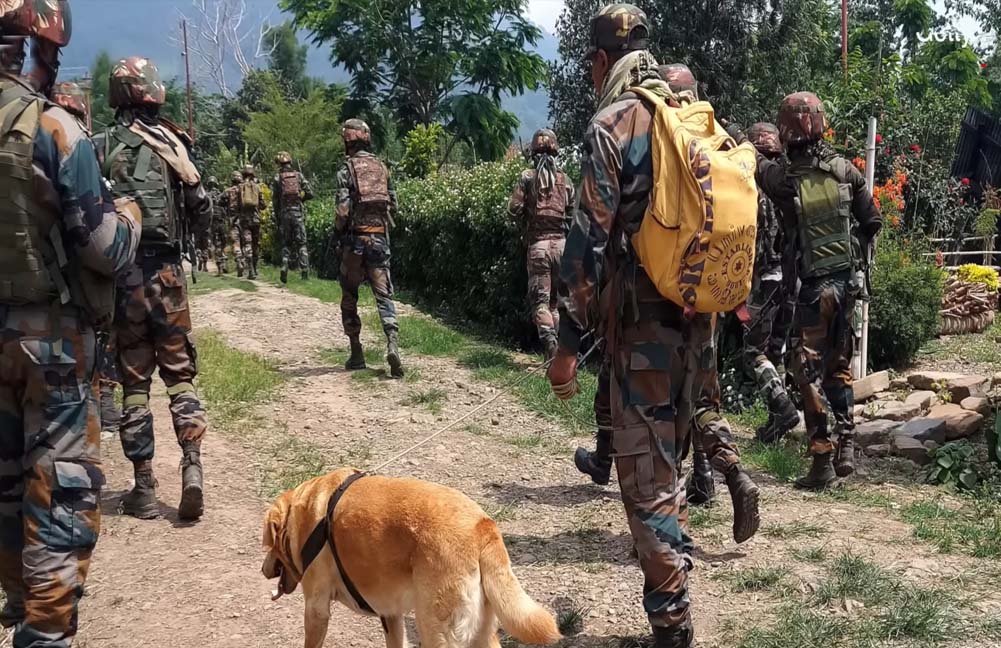
The Central Bureau of Investigation (CBI) is set to delve into nine additional cases linked to the Manipur violence, thereby increasing the total number of cases under the agency’s scrutiny to 17. Moreover, any cases involving crimes against women or sexual assault may be expedited for investigation by the CBI.
Presently, the CBI has already recorded eight cases, two of which involve alleged sexual assault on women in Manipur. The agency is in the process of assuming responsibility for nine more cases.
Sources have indicated that the CBI is likely to take over yet another case involving alleged sexual assault in the Churachandpur district of the state. Given the divisive ethnic landscape, the CBI faces the challenging task of steering clear of bias allegations during the operation in Manipur. The officials emphasized that any participation of individuals from one community could trigger accusations from the other side.
It’s worth noting that certain cases currently under the CBI’s investigation may fall under the purview of the Scheduled Castes and the Scheduled Tribes (Prevention of Atrocities) Act of 1989. These cases can be looked into by deputy superintendent of police (DSP) rank officers. To address the challenge of DSPs not being supervisory officers in such instances, the agency plans to deploy superintendents of police to oversee and monitor the investigations.
To ensure the integrity of the investigation, the central probe agency will transfer all forensic samples to its Central Forensic Science Laboratory. This precaution aims to avoid raising doubts about the fairness of the investigation, as any involvement of personnel from the conflicting communities in sample collection or examination might cast suspicion.
Additionally, the CBI has enlisted women officers within the state to investigate cases related to crimes against women. This inclusion is mandatory for recording statements and conducting questioning.
Since the initial eruption of ethnic violence on May 3, which stemmed from a ‘Tribal Solidarity March’ in the hill districts to protest against the Meitei community’s demand for Scheduled Tribe status, the state has witnessed over 160 fatalities and numerous injuries.”
The Meiteis, constituting about 53% of Manipur’s population, primarily reside in the Imphal Valley. In contrast, the tribal communities, including Nagas and Kukis, make up 40% of the population and are concentrated in the hill districts.